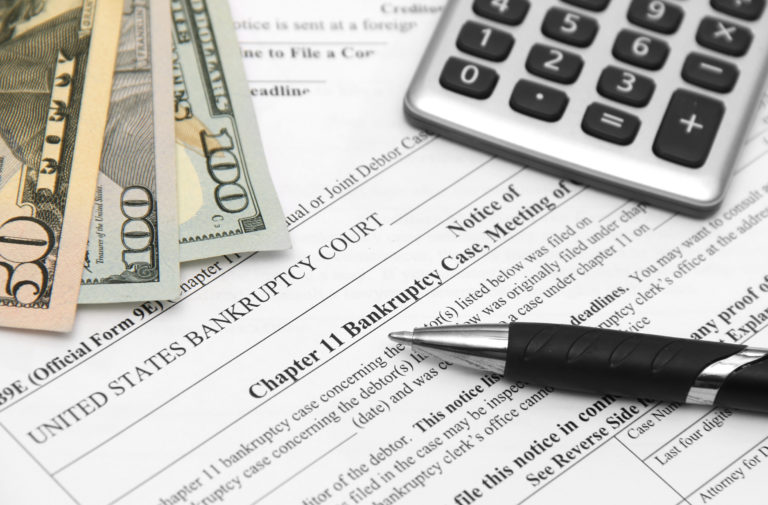
During tough financial times, individuals may not know where to turn. If you are facing this situation, it may be time to consider bankruptcy. Individual bankruptcy can help you adjust your financial status and create a plan. You may be able to prepare for a more financially successful future. By claiming bankruptcy, creditors will no longer be able to hassle you about owing money to them. You may even be able to stop foreclosure on your home if that has become a reality. Bankruptcy can seem scary, but it is quite helpful for those facing financial disaster.
What processes can help an individual?
For individual bankruptcy, there are two processes you can use. This includes Chapter 7 and Chapter 13 bankruptcy proceedings. With each process, you are able to work toward a goal to improve your situation. In the end, you may be able to avoid life-changing debt that could haunt you for a long time.
Chapter 7 bankruptcy requires people to undergo credit counseling by a United States approved agency within the six months prior to filing. Also, these individuals will need to take a debtor education course. With this eligibility requirements, it can help prepare individuals with better planning techniques and money managing habits. The means test is the next step in the process. This test is when the individual filing for bankruptcy compares their income to the median income in the country. If the income is below the median income, you may be eligible to file for bankruptcy. However, if it is over the median income, you may not be eligible. Although it has happened before where those with incomes above the median income have been deemed eligible to file, it is less likely. Once the paperwork for Chapter 7 bankruptcy is filed completely, an automatic stay goes into effect. This means that you will not get any calls from your creditors asking for the money to pay off your debts.
Chapter 13 bankruptcy can help you develop a repayment plan if you have a regular income. When it’s compared to Chapter 7 bankruptcy, Chapter 13 has a few more advantages. Most people are able to save their home and reschedule debts by extending them due to the repayment plan and this acts as a consolidation loan. Before filing, you will need to receive credit counseling within 180 days before filing. If another petition was dismissed within the 180 days, you cannot file. Once you file for bankruptcy, you should file documents that include a list of liabilities, assets and property, a statement of financial affairs, a list of executory contracts and unexpired leases, proof of credit counseling and any plan developed to handle the matter, income payments within 60 days prior to filing, monthly net income and any indication in a rise of income or expenditures and interests the debtor has in state or federally-qualified education or tuition accounts. The automatic stay will go into effect when all the paperwork is filed.
If you require the services of an experienced Business Law or Bankruptcy attorney, contact the Law Offices of Allen A. Kolber, Esq. today to schedule a consultation and discuss your options.






